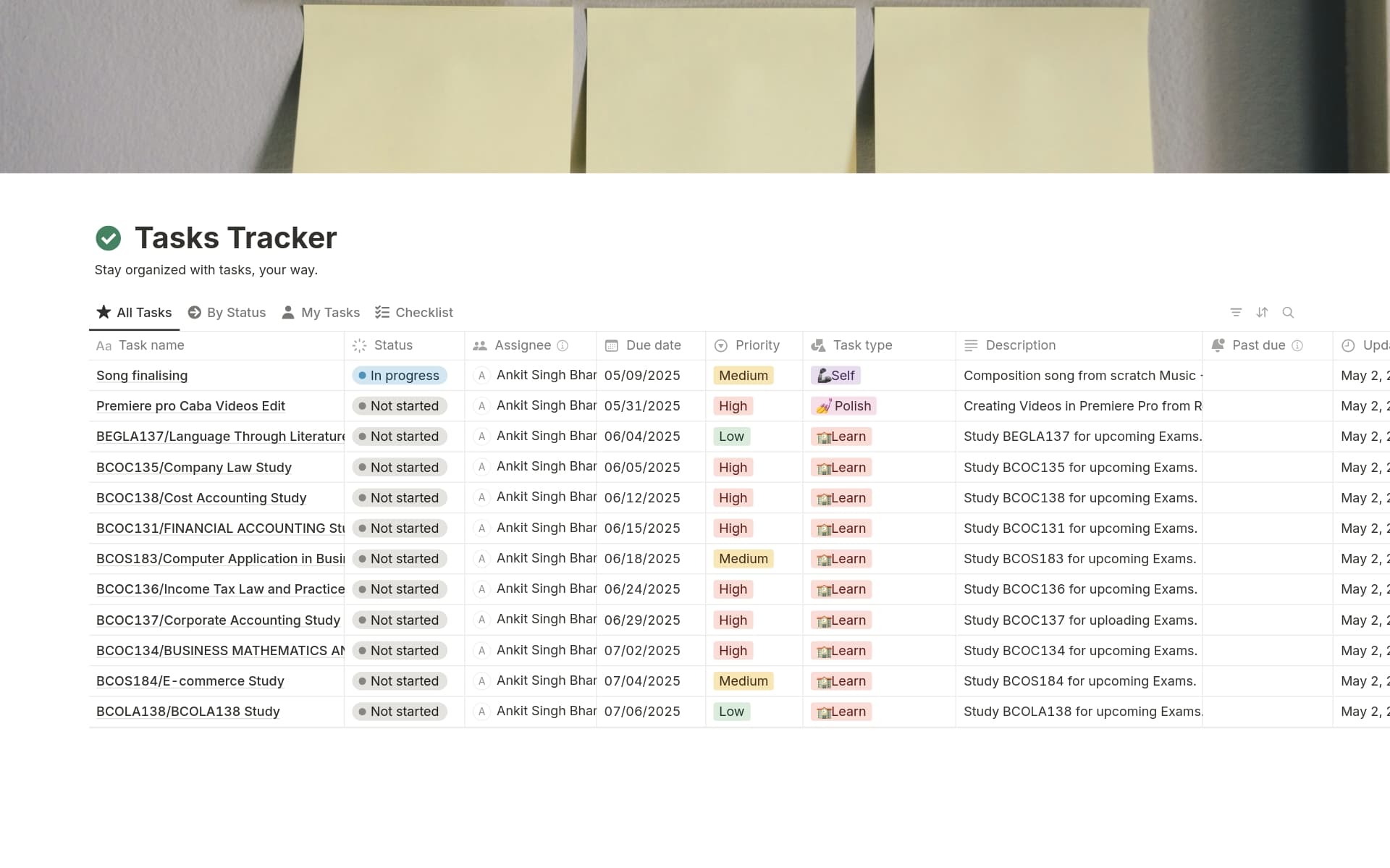A Product Launch Plan is significant for SEO specialists as it organizes the sequence of introducing a new product or feature to the market, which can significantly impact search engine visibility and user engagement. A well-crafted Product Launch Plan template on Notion can streamline this process, ensuring that all SEO-related tasks, such as keyword research, content creation, and link-building strategies, are executed timely and efficiently, thereby optimizing the product's online presence.
Before you dive into creating your own Product Launch Plan template, consider exploring the ones mentioned below to facilitate and enrich your planning process.
What Should Product Launch Plan Templates Include?
Choosing the right Product Launch Plan Template can streamline your SEO strategy and ensure a smooth rollout. Here are key components to look for in an effective template:
Market Analysis Section - This part should provide tools for detailed market research and competitor analysis, essential for positioning your product effectively.
Marketing Strategy Outline - It should include predefined sections for outlining promotional strategies, channels, and marketing budgets to reach your target audience efficiently.
Timeline and Milestones - A clear timeline with major milestones helps keep the product launch on track and ensures all team members are aligned with the launch schedule.
Performance Metrics - Essential for tracking the success of the launch, this should include key performance indicators (KPIs) and targets to evaluate the effectiveness of the launch activities.
With these components, a Product Launch Plan Template not only aids in a structured launch but also in measuring its impact and success post-launch.
What Should Product Launch Plan Templates Avoid?
Choosing the right Product Launch Plan template is crucial for ensuring a smooth rollout. However, some features can complicate or derail your project's success. Here are three key components to steer clear of:
Overly Complex Timelines: Avoid templates that include excessively detailed timelines, which can be overwhelming and impractical for dynamic project adjustments.
Undefined Goals: Templates that do not clearly define or segment goals can lead to confusion and misaligned team efforts. Clarity is paramount.
Fixed Metrics: Steer clear of templates with rigid, non-customizable metrics. Flexibility in tracking variable success indicators is essential for adapting to real-time insights.
Remember, the best templates are those that provide clarity and flexibility, helping your team to focus on execution rather than getting bogged down by unnecessary details.




